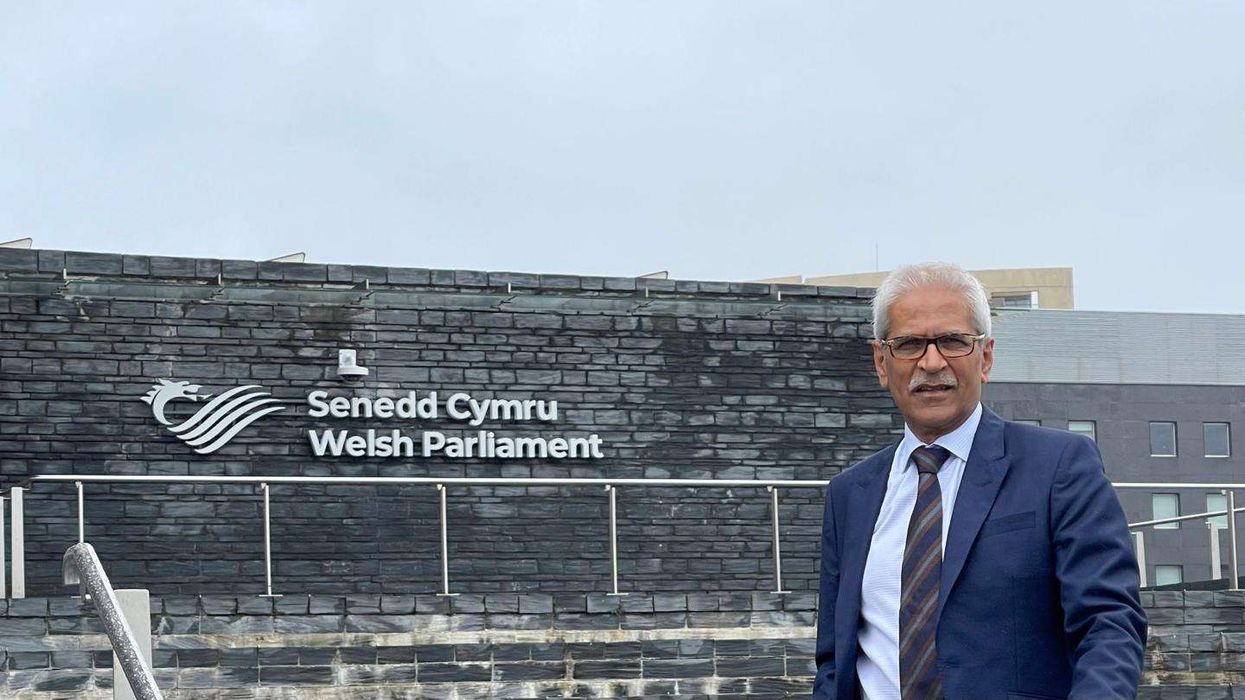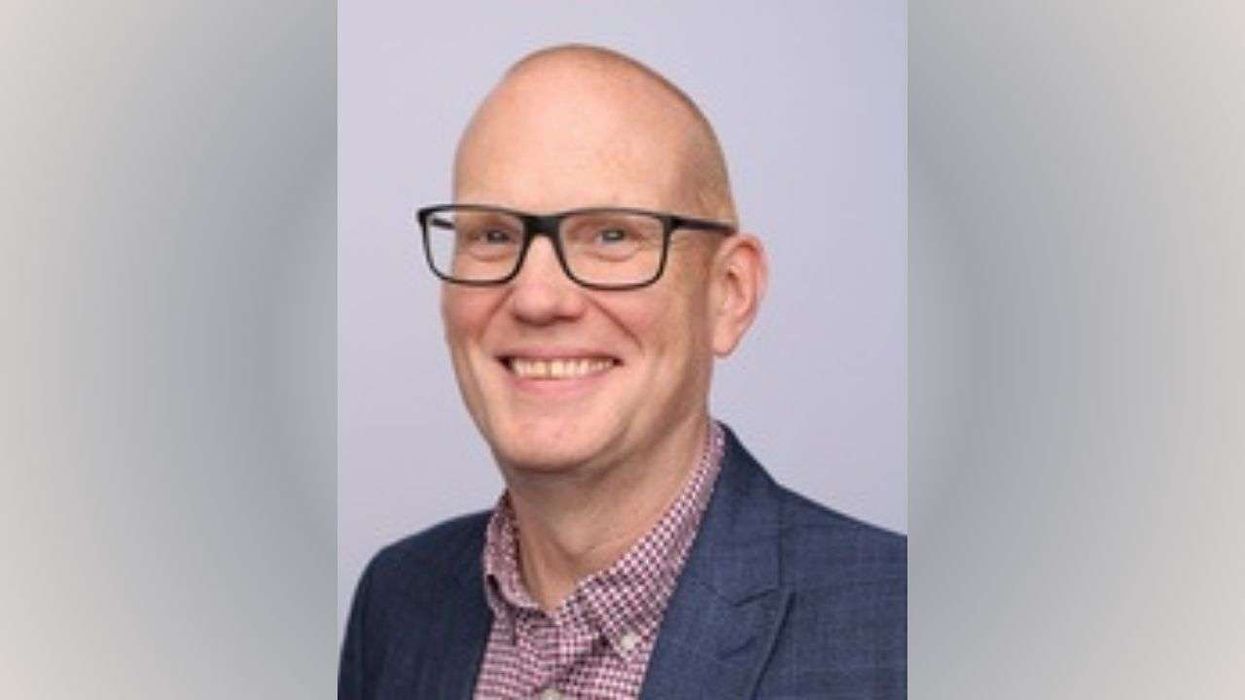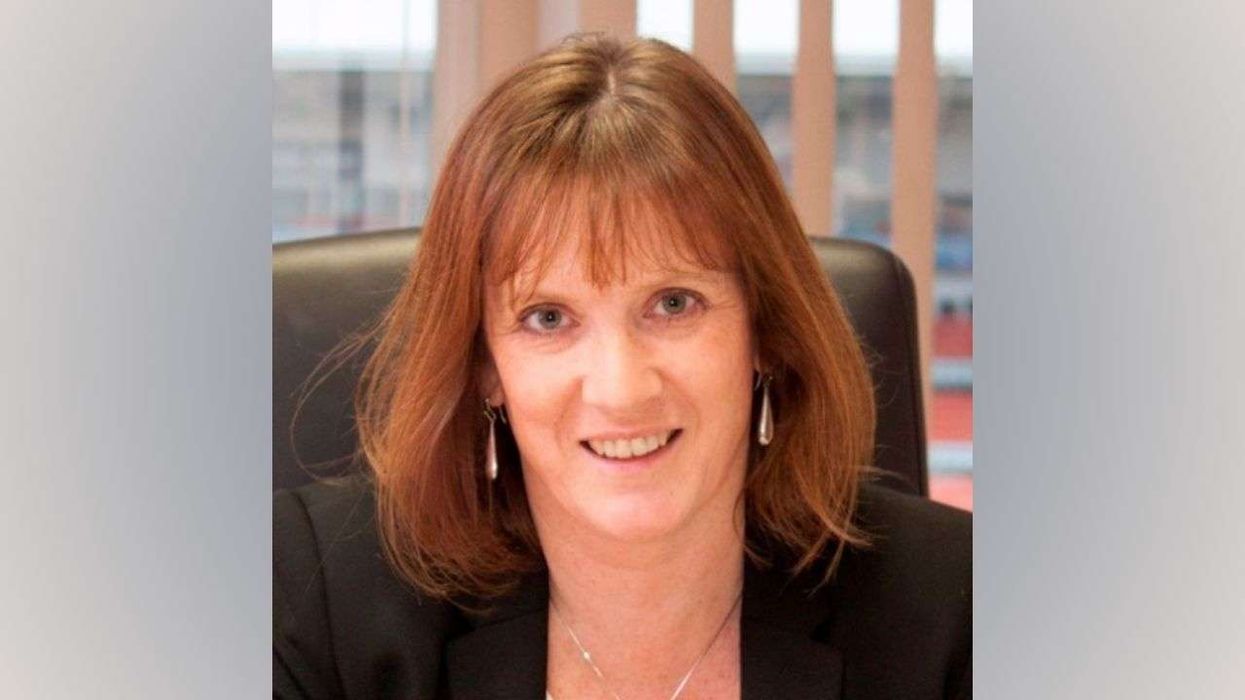Key Summary
- Wales launches a three-year plan to make health research more inclusive
- The initiative targets health inequalities linked to ethnicity, age, and deprivation
- Experts say inclusive research builds trust and fairer healthcare for all
Wales is coming up with a three-year action plan to fight health inequalities caused by factors such as ethnicity, disability, age and deprivation.
The chief medical officer for Wales, Professor Isabel Oliver, will launch the plan at a special event at the Senedd.
It aims to increase diversity and inclusion in health and social care research in Wales.
Health and Care Research Wales will partner with Oxford University’s Centre for Research Equity (CfRE) to implement the plan.
Experts observe that overlooking sections of society causes and worsens healthcare inequalities.
This diminishes people’s trust in the health and care systems, making future recruitment and engagement in research even more challenging.
“It helps build trust within the communities affected by the research. Ultimately, researchers can collect all the data they want, but if communities don’t trust that the research is relevant to them, it’s futile," said Praveena Pemmasani, a public involvement member.
“There can be a lot of assumptions around younger age groups, but the best people to ask are the individuals themselves.”
She added, “We add perspective the researchers hadn’t considered and help tailor research to that audience.”
Professor Isabel Oliver said, “Earlier this year the cabinet secretary for Health and Social Care announced his intention for Wales to become a Marmot Nation: one which recognises that health inequalities are mostly shaped by the conditions in which people are born, live, work and age, and takes action to reduce them. “
“Increasing diversity and inclusion in research is an important part of achieving this, and will lead to a healthier and fairer Wales,” she emphasised.
“Treatments may be less effective, or carry unexpected side effects, for underrepresented populations,” commented Professor Mahendra Patel, founding director and Inclusion and Diversity lead, CfRE as pressed on the consequences of overlooking particular communities.
According to him, inclusive research is the appropriate procedure as it produces evidence applicable to everyone in the society.
It is a process that helps to build a fairer system that meets the health care needs of everyone without bias.
Professor Patel added, “This new plan and partnership reflect the strong appetite in Wales to work collaboratively and lead the way in embedding inclusive research practices that benefit everyone.”













